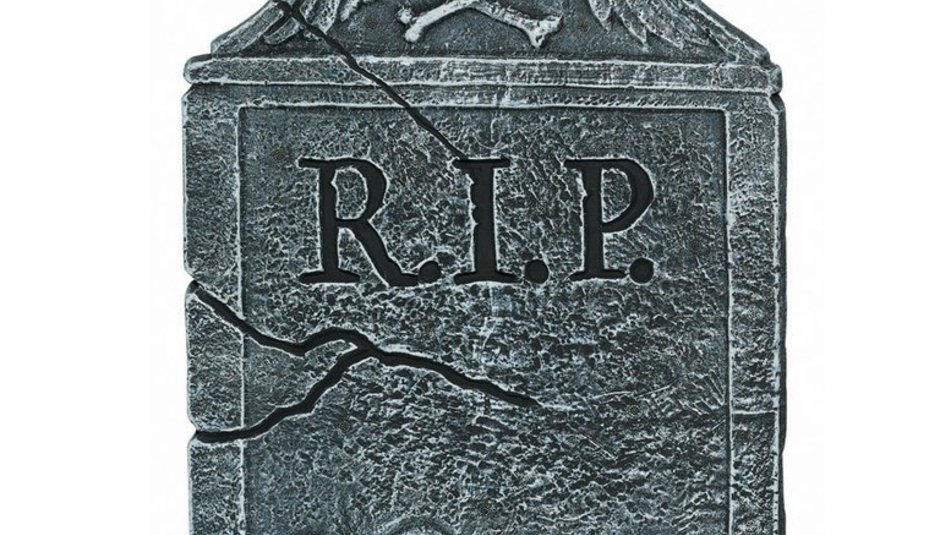Words: Jon Dale
Everett True asked me to tell you about some music journalism that interests me. There were a few problems with what he asked; firstly, his injunction to privilege slightly more under-appreciated or under-known examples of good music criticism – to “[steer] as far away from the obvious ones as possible,” in his own words. This will make sense to anyone who’s sufficiently au fait with Everett’s ideological position regarding the almost inherent validity of underground modes of expression.
But it’s also an inherently limiting request to make. Music criticism is at its most potent when it’s communicating to relatively large audiences, and my admiration of Sasha Frere-Jones, Alex Ross, David Keenan, Greil Marcus or Simon Reynolds has just as much to do with their outreach as it does with their maintaining a coherent, articulate voice. It feels bizarre to have to repeat this, but obscurity is not an instant pass through the gates of wisdom. If no one finds you, no one reads you. This should not be the goal of any self-respecting music critic.
The second problem with Everett’s request was that I’ve recently found little music criticism that drives me to want to a) read more or b) listen differently. There are a lot of pro-forma responses that could back any argument regarding the "dumbing down of music criticism’ (itself a reductive position): falling word counts, the backside of internet/blogging egalitarianism, music that fails to inspire, editors that go the hack, the parlous state of the music industry and press.
While it’s doubtless all a rich tapestry, those arguments mostly eventually reveal themselves as the straw men they are. There are certainly structural issues at stake, but I’d prefer to look for the out to what some people think is the written word’s current impasse. There’s an answer in academia (which is quite a rare situation, but never mind) for what I’m after in music criticism: trans-disciplinarity. Too much music criticism is inward looking; this much we know, and we accept it as a given. I miss the dynamism of music criticism speaking across the fields.
I was always impressed by Stephen Pastel telling me he was more inspired by film criticism and theory than music writing, and that’s an admirable model to start from. Geeta Dayal’s beautiful writing across music and science is another example. Danny Butt’s use of personal reflection to articulate, at a similar level of abstraction, a response to improvised music always floored me. Not enough music criticism has that broader cultural awareness and ability to mobilise trans-disciplinarity in a poetic yet crisply analytical way. And I’m not trying to absolve myself of my own sins here; mea culpa.
If there’s a model for this, it’s perhaps the writing of Rebecca Solnit. Her book Wanderlust covers the walking of the Earth through its careful tilling of the intellectual soil; this is not (just) cultural studies or critical theory or criticism, this is good writing that gifts itself a wide brief. A ‘cultural history of walking’, it treats each key word in that almost off-hand phrase with equal respect. Similarly, music criticism/writing could do with both addressing with vigour the truly rigorous/critical/polemic and poetic/writerly aspects of its own craft, and speaking to and of its multiple others, and without recourse to crass ‘parallelism’. Moving beyond ‘reading alongside’, and rather making everything feel intrinsic, lived, felt.






















